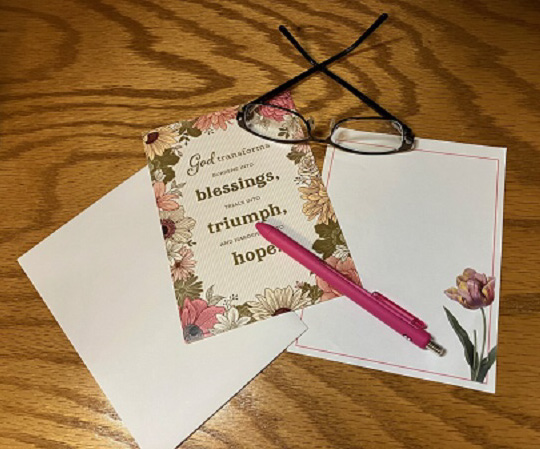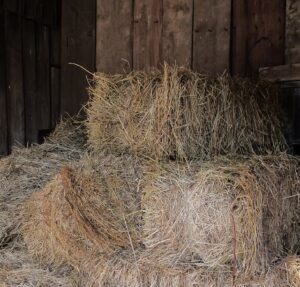Pep Talk
 We encourage with our actions. We also encourage when we listen. One of our greatest methods of encouragement is with our words. A pep talk works wonders.
We encourage with our actions. We also encourage when we listen. One of our greatest methods of encouragement is with our words. A pep talk works wonders.
When we land down in the dumps, we need a good pick-me-up.
A pep talk encourages or builds confidence.
We see this during sports events. Coaches gather their teams around them and rouse them to:
- Get back in the game.
- Do their best.
- Never give up.
- Win, win, win!
Cheerleaders lead fans to cheer their teams to victory. Schools or teams hold pep rallies to prepare for big games.
Pep talks occur in more than sports.
- Parents encourage children.
- Teachers inspire students.
- Friends support one another.
- Churches nurture members and the world around them.
Everyone needs encouragement.
Hard times come. That’s life. We can’t encourage everyone. That’s reality. Yet, we can urge those around us to keep on keeping on. That’s hope.
“Encourage one another daily, as long as it is called ‘Today,’ so that none of you may be hardened by sin’s deceitfulness” (Hebrews 3:13 NIV).
Thanks to Joyce Cordell for the suggestion and to Parker Davis for the photo.
Do you have an expression you want explained or a thought about this one? If so, please comment below.
Subscribe to receive my weekly posts by email and receive a free copy of “Words of Hope for Days that Hurt.”
If you enjoyed this post, please share it with your friends.









